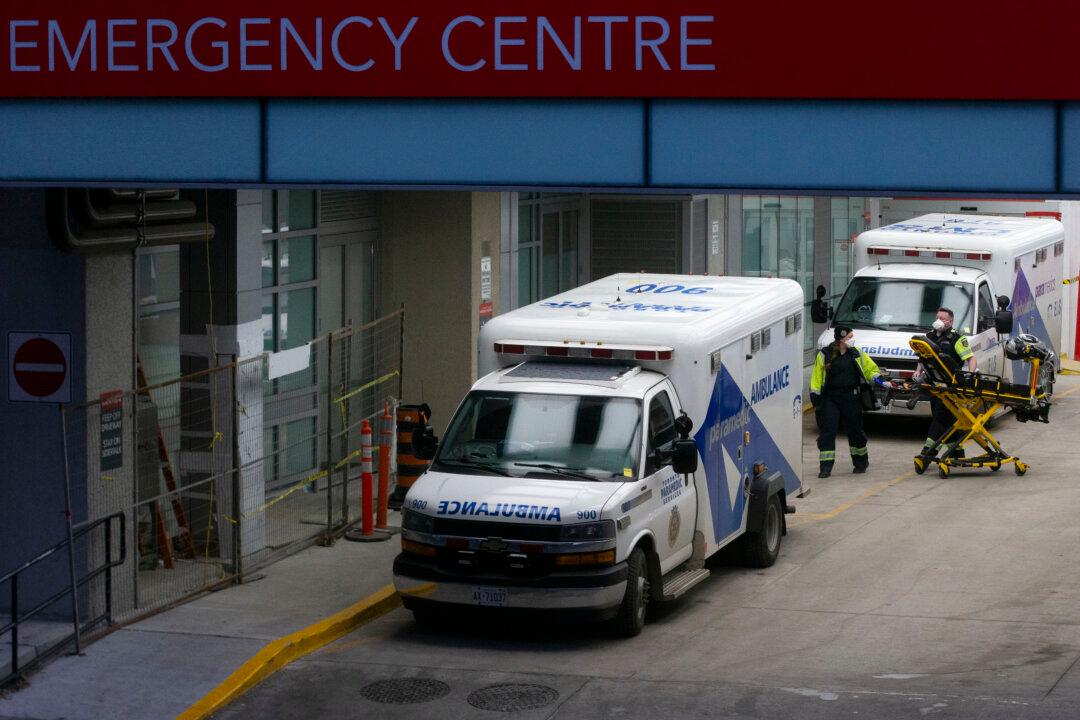Ontario’s new COVID-19 directive to suspend all non-urgent surgeries and procedures took effect on Jan. 5, applying to both hospitals and independent clinics.
Ontario’s Chief Medical Officer of Health Dr. Kieran Moore announced the so-called “Directive #2” (pdf) earlier this week, instructing hospitals and health care providers to halt all non-emergent and non-urgent surgeries and procedures in order to preserve critical care and human resource capacity in the healthcare system in light of rising infection cases due to the Omicron variant.





